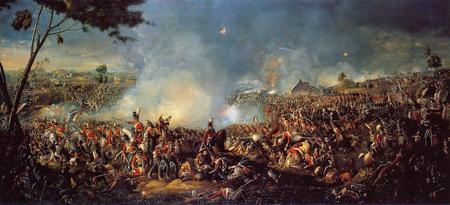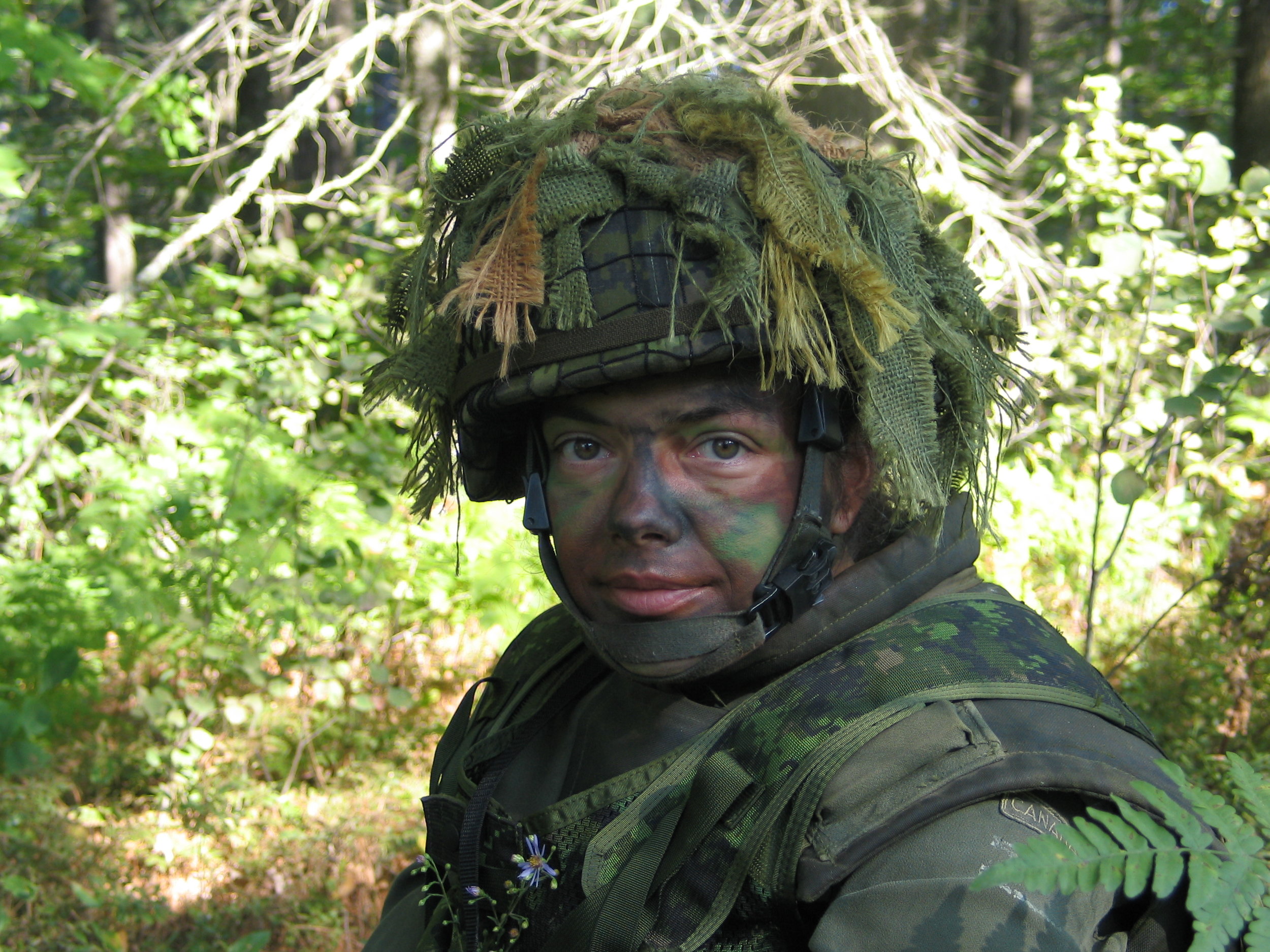 So here’s another King of Canada you may not have an opinion on. William IV. Who took the throne on June 26 of 1830. Good for him.
So here’s another King of Canada you may not have an opinion on. William IV. Who took the throne on June 26 of 1830. Good for him.
Yes, he’s still King of Canada. Contrary to a strange opinion that periodically circulates, there was a word for and concept of Canada long before 1867. And the monarchs of Great Britain are also monarchs of Canada or what would later become Canada, even before Cabot’s 1497 claims IMHO and certainly before Confederation.
Moreover, I say good for him because William was, in an unassuming way, an excellent example of how to hold political power. He never expected to become king, and only inherited the job at age 64 because his two older brothers died without having legitimate heirs. As indeed did William, despite managing 10 illegitimate children with an actress.
Known as the sailor king, not so much for his apparently shore-leave lifestyle as for his active service that saw him reach the rank of rear-admiral on his very genuine merits that earned the praise of Horatio Nelson. Mind you he was once arrested in Gibraltar after a drunken brawl. He walked around the streets of New York unaccompanied during the American Revolution until news reached the British of a plot to kidnap him. He retired from the navy in 1790 and was unable to get back in when war came against France in 1793 partly because he’d spoken in the House of Lords against the war.
As a Lord, specifically the Duke of Clarence, he opposed efforts to abolish slavery, for which he was justly pilloried and rather misrepresented in the film Amazing Grace. On the other hand, he supported Catholic Emancipation.
So far so unremarkable, you may say. But seeing the crown approaching, he made a serious effort to pull himself together, in part to survive his younger brother Ernest and especially his obnoxious widow and see his niece Victoria on the throne without a regent. Indeed, at a banquet celebrating what would be his last birthday in 1836 he declared that “I trust to God that my life may be spared for nine months longer ... I should then have the satisfaction of leaving the exercise of the Royal authority to the personal authority of that young lady, heiress presumptive to the Crown, and not in the hands of a person now near me, who is surrounded by evil advisers and is herself incompetent to act with propriety in the situation in which she would be placed.”
As King for almost seven years he was hardworking and conscientious, by comparison with his brother George IV who didn’t ask his Prime Minister questions for fear of seeming ignorant and his father George III who didn’t listen to the answers. And in the crisis over the Reform Bill, which he seems not to have supported, he steered a skillful course between reaction and mob violence and helped to establish the accountability of the ministry to the House of Commons on a very firm footing. And he did much to repair Anglo-American relations, a matter of enduring geopolitical importance.
What really stands out is that he did all this without adequate preparation for a job he was not expected to hold, and in many ways despite a character ill-suited to the exercise of patience and judgement. He was not a great man. But he did achieve excellence by dint of his own efforts and in frustrating the efforts of radicals on both sides helped lay the foundations for the glorious Victorian era.
Good for him.



